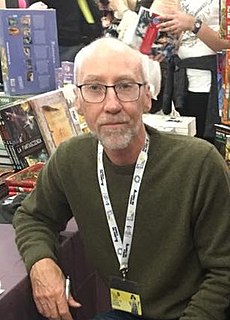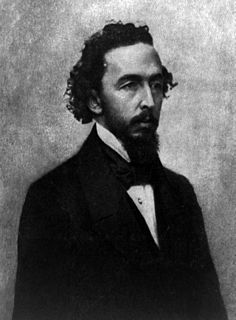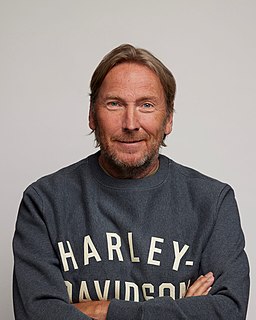A Quote by Lierre Keith
I think the biggest reason otherwise radical people don't want to face the necessity of ending industrial civilization is privilege. We're the ones reaping the benefits. We've sold out the rest of life on earth for convenience, creature comforts, and cheap consumer goods, and it's appalling. I'm sickened by this bargain.
Related Quotes
A lot of Americans desperately want to believe that China is full of poor people who can't innovate, and the only goods they make are cheap, toxic rip-offs our Western brands. They want to believe the only reason the Chinese economy is surging is because the West wants cheap goods and China knows how to make them that way.
I think for a lot of people, the financial barrier is the biggest leap you have to take to follow your dreams. A lot of people don't want to stick their necks out and take that risk, which is totally understandable - I think for a lot of people it doesn't happen because it's not a necessity. Unless it's a necessity to do this, it can be a pretty scary process.
Civilization after civilization, it is the same. The world falls to tyranny with a whisper. The frightened are ever keen to bow to a perceived necessity, in the belief that necessity forces conformity, and conformity a certain stability. In a world shaped into conformity, dissidents stand out, are easily branded and dealt with. There is no multitude of perspectives, no dialogue. The victim assumes the face of the tyrant, self-righteous and intransigent, and wars breed like vermin. And people die.
I used to wonder: Is Huxley right or is Orwell right? It turns out they're both right. First you get the new world state and endless diversions as you are disempowered. And then, as we are watching, credit dries up, and the cheap manufactured goods of the consumer society are no longer cheap. Then you get the iron fist of Oceania, of Orwell's 1984.
At the beginning of the 20th century, there were less than 3 billion people on the earth, closer to 2 billion. By all measures that we can come up with right now,. with the lifestyle and consumption pattern of the Western industrial civilization, we can probably sustain about 2 billion people on this earth. We already have over 6 billion. China and India are aspiring to come on as industrial nations, aspiring to the lifestyle of the Western world, and it simply can't happen.
Totalitarianism extends to whatever touches it...psychological technique, as it operates in the army or in a great industrial plant, entails a direct action on the family. It involves a psychological adaptation of family life to military or industrial methods, supervision of family life, and training family life for military or industrial service. Technique can leave nothing untouched in a civilization. Everything is its concern. Technique, which is destroying all other civilizations, is more than a simple mechanism: it's a whole civilization in itself.
The consumer wants food to be as cheap as possible. The producer wants it to be as expensive as possible. Both want it to involve as little labor as possible. And so the standards of cheapness and convenience, which are irresistibly simplifying and therefore inevitably exploitive, have been substituted for the standard of health (of both people and land), which would enforce consideration of essential complexities.





































